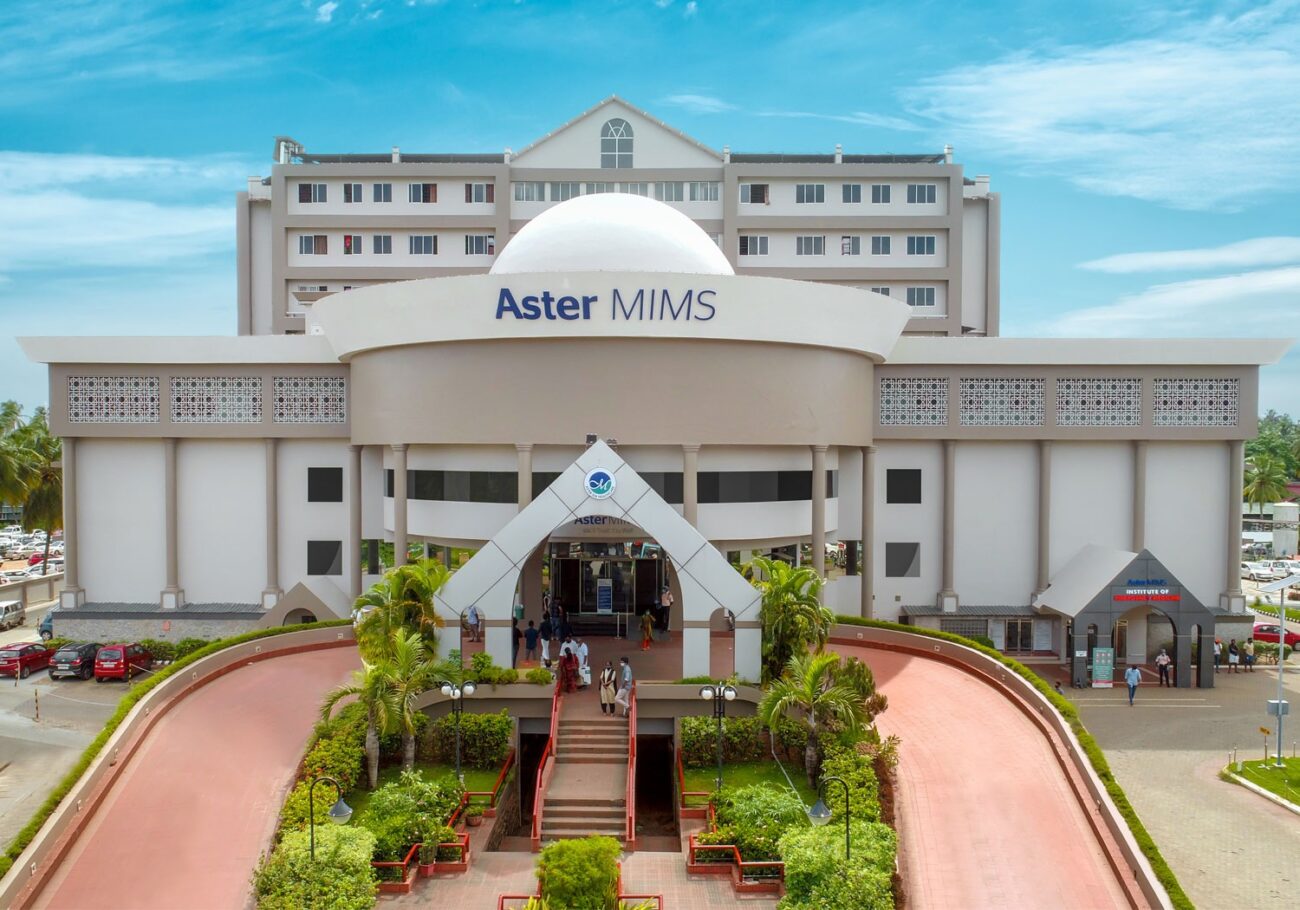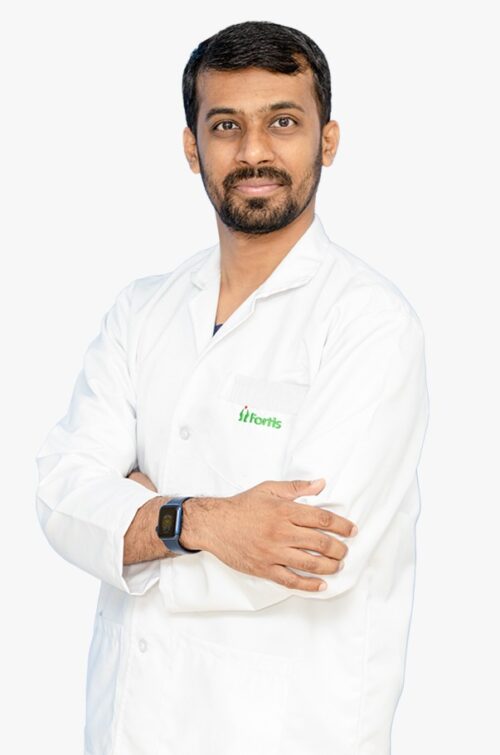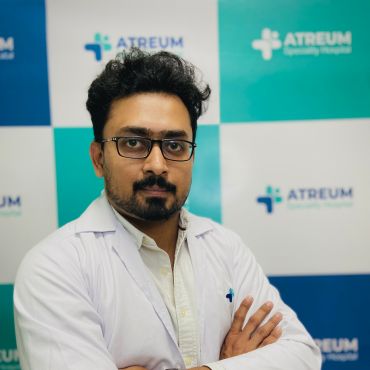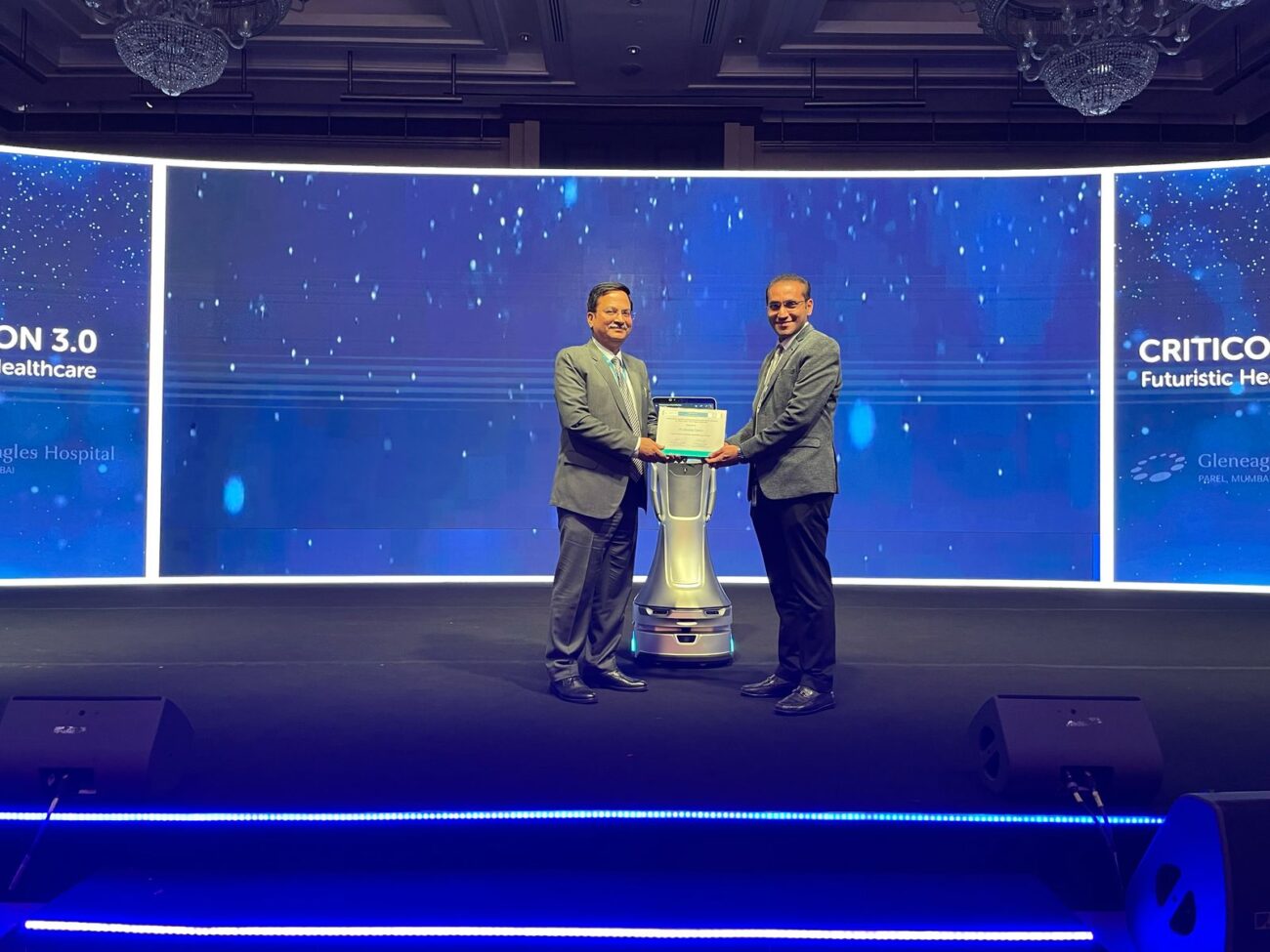Wadia Hospital Successfully Performs A Path-breaking Endoscopic Surgery for Vocal Cord Palsy in Newborn
Bai Jerbai Wadia Hospital for Children has accomplished a remarkable milestone, saving the life of a newborn baby boy afflicted with vocal cord palsy through an innovative endoscopic surgery. This unprecedented achievement was the result of a collaborative effort
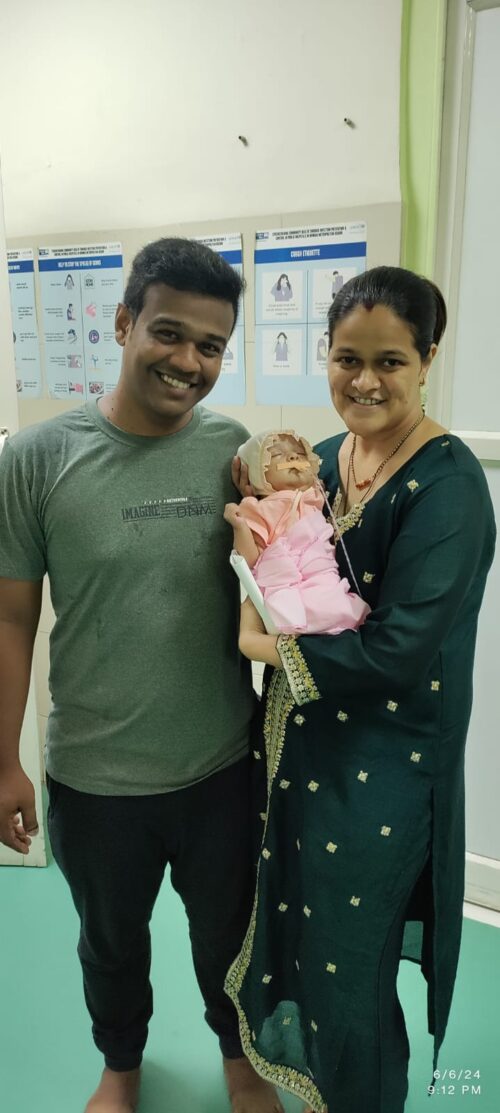
Bai Jerbai Wadia Hospital for Children has accomplished a remarkable milestone, saving the life of a newborn baby boy afflicted with vocal cord palsy through an innovative endoscopic surgery. This unprecedented achievement was the result of a collaborative effort between Neonatology and ENT specialists, marking a significant advancement in
pediatric medicine.
The newborn, joyously welcomed by Rakhee and Sandesh Kharvi, entered the world weighing 2460 grams. However, their elation swiftly turned to anguish as the infant faced severe breathing challenges, prompting urgent medical attention. Despite undergoing three failed extubation attempts elsewhere within 6-12 hours, the underlying cause, initially suspected to be vascular compression of the airway, led to a referral to Bai Jerbai Wadia Hospital for Children.
Upon admission, the seven-day-old infant, weighing 2700 grams, was promptly placed on mechanical ventilation. Comprehensive diagnostic evaluations, including CT scans and bronchoscopic assessments, unveiled vocal cord paralysis as the culprit behind the respiratory distress. Bilateral Vocal cord paralysis is rare in neonates. It may be associated with birth trauma, mediastinal masses or surgery, otherwise they are congenital or idiopathic.
Emphasizing timely intervention and accurate diagnosis, the medical team at Wadia Hospital steered away from traditional tracheostomy, which often poses long-term challenges for families such as the long-term commitment of parents to a couple of years, stressful and sleepless nights, fear of tracheostomy tube getting blocked, issues with maintenance of hygiene especially in babies with lower socio-economic background, fear of accidental extubation when child tugs on the tube, social issues, swallowing disorders, sibling rivalry, speech delays, issues in assessment of neurological development, inability to go to school, feeding problems. Instead, they presented a novel solution: an endoscopic cricoid split procedure with subglottic balloon dilatation. Opting for this minimally invasive approach, the surgery, conducted on May 11, lasted approximately two and a half hours and on 6th June the baby got discharged.
Following the successful operation, the newborn underwent a ventilation period for two weeks to facilitate wound healing, supplemented by 30 days of additional respiratory support. The efficacy of this minimally invasive technique underscores its potential to transform pediatric airway disorders, offering precision, safety, and expedited recovery.
Sandesh Kharvi, the baby’s father, expressed profound gratitude to Wadia Hospital and its medical team for their prompt and effective intervention, which not only saved his child’s life but also significantly improved their quality of life.
“The success of the minimally invasive technique underscores our unwavering commitment to delivering the highest standard of care to our patients,”remarked Dr. Minnie Bodhanwala, CEO of Bai Jerbai Wadia Hospital for Children.
This groundbreaking achievement not only showcases the expertise and dedication of Wadia Hospital’s medical professionals but also heralds a new era in pediatric medicine. As medical technology continues to evolve, innovative approaches like minimally invasive endoscopic surgery offer hope for a brighter future for newborns facing complex medical challenges.



